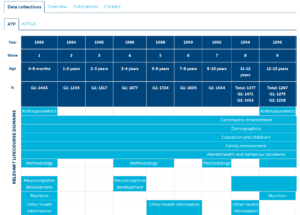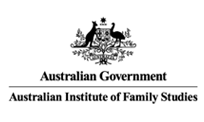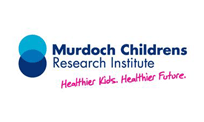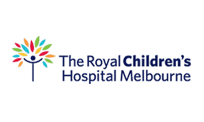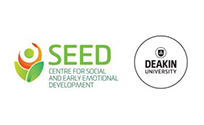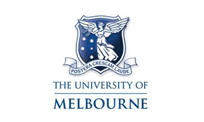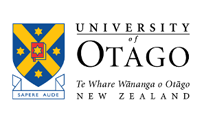About
The Australian Temperament Project (ATP) is one of Australia’s longest running studies of social and emotional development. The initial study sample comprised 2443 families from urban and rural areas of the state of Victoria. We recruited parents (Generation 1) and their children (Generation 2) at 4-8 months of age. We have followed these two generations for over 4 decades, collecting 16 waves of data so far. Two in three families are still participating after 41 years!
The ATP has published over 200 papers on aspects of social and emotional development from childhood to adulthood, with findings broadly translated into practice, policy and educational settings.

The ATP has also influenced the development of other longitudinal studies both overseas and within Australia. For example, the Tracking Opportunities and Problems study in Norway, the Longitudinal Study of Australian Children (Growing Up in Australia), the Longitudinal Study of Indigenous Children (Footprints in Time). ATP also informed the ABC television series Life@ Series on child social and emotional development.
We are now entering an exciting new phase looking at health and wellbeing in mid and later life, and how this may be impacted by factors from earlier in life. In 2023, we ran a small pilot study and the larger study will be launching in 2025. This new research will help answer questions about how experiences shape our health and future generations.

Interactive Study Diagram
Participant and family assessments can be explored in detail at: LifeCourse Generation 1 & 2
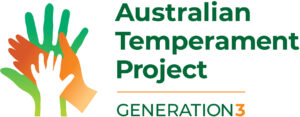
In 2012 a new phase of ATP was launched: the Generation 3 study. Children born to Generation 2 participants were invited to take part in the Generation 3 study. This important and unique study allows us to answer questions about how the experiences of one generation affect the next.

The study looks at social and emotional health of parents and their child during pregnancy, when the baby is born, and then at 8 weeks, 1, 4, and 9 years of age. We ask participants about their mental health, parent-offspring bonding, and offspring social-emotional development. Some participants have participated in clinical assessments including foetal brain development and parent-child attachment behaviour. DNA has also been collected. The study looks at contextual, relational and individual risk and protective factors.
ATP is one of the few studies worldwide that is following the social and emotional development across three generations. It offers a unique opportunity to explore how patterns of health and wellbeing in one generation shape the patterns of health and wellbeing in future generations.

